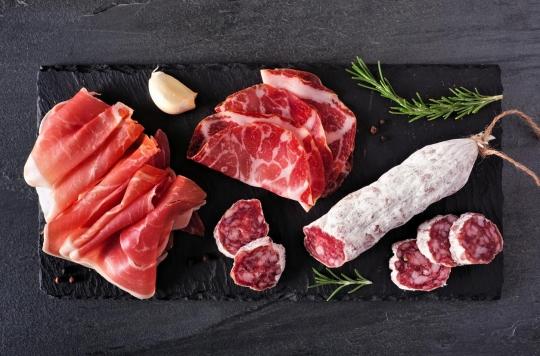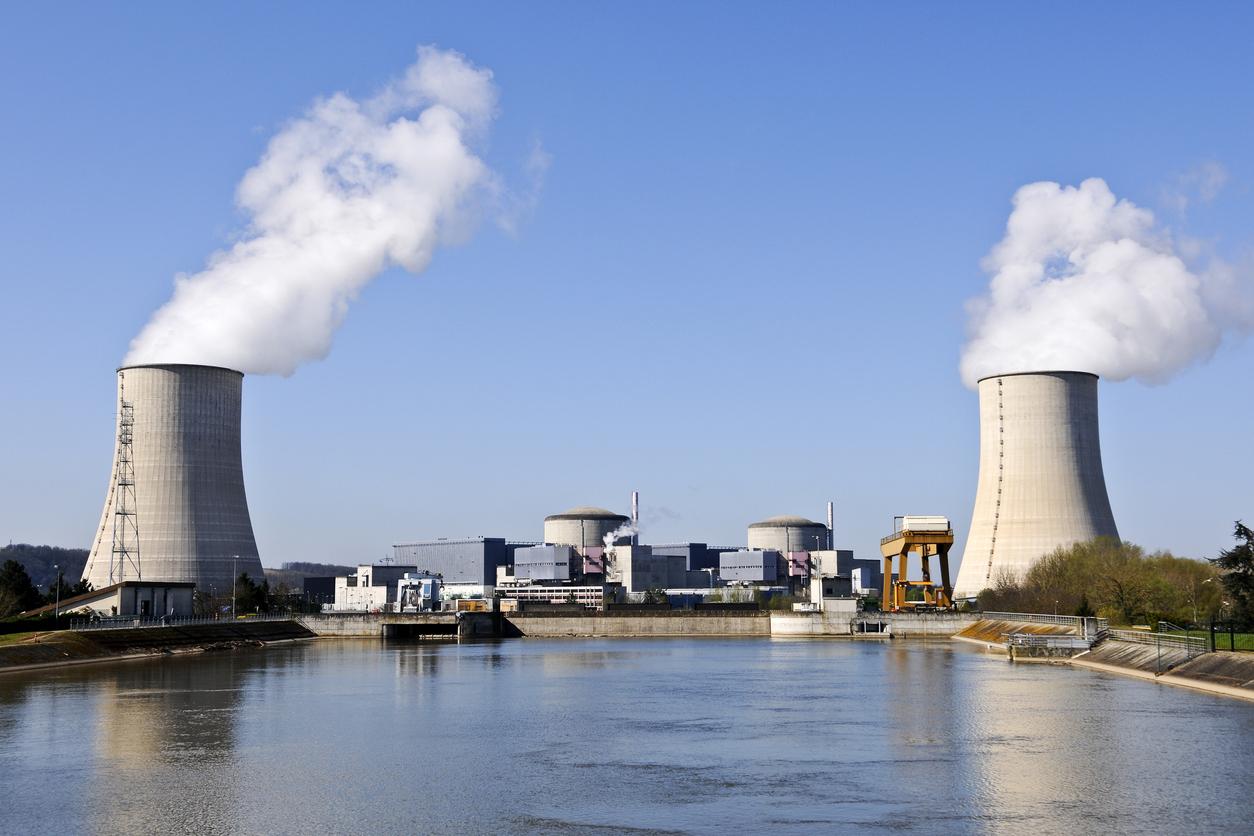In the midst of a debate in the National Assembly on the banning of nitrites in ham or sausage, three organizations announce that they have suffered “an attempt at intimidation” from industrial butchers. Axel Kahn, President of the League Against Cancer, sheds light on the issues at stake in this case.

- A letter from FICT lawyers demanded that Yuka remove the petition against nitrites and change the rating system on products with the additives E249, E250, E251 and E252.
- Each year, in France, up to 4,000 new cases of stomach or colon cancer are attributable to the consumption of processed meat.
It all started a year ago, when Yuka, foodwatch and the Cancer League launched a joint petition to demand a ban on nitrite and nitrate-based additives in food, mainly in cold cuts. A year and more than 210,000 signatures later, nitrite salts are now the subject of a parliamentary fact-finding mission to the National Assembly. “In response, the French Federation of Industrial Charcutiers Caterers (FICT), which represents around 300 companies, decided to engage in an attempt to intimidate rather than improve its practices to protect the health of consumers”, jointly denounce Yuka, food watch and the league against cancer.
In concrete terms, a letter from FICT lawyers demanded that Yuka remove the petition against nitrites and modify the rating system for products containing the additives E249, E250, E251 and E252. For Benoit Martin, co-founder of Yuka: “This is an unacceptable attempt to gag information. Our mission is to help everyone make the best choice for their health. There is no question of giving in to unfounded threats”.
Pressure from foreign industrialists
“Some industrial nitriting agents of the FICT prefer to try to intimidate us and muzzle the public debate for a healthy diet, rather than to recognize their responsibility in the avoidable cancers linked to the use of these additives. However, an increasing number of manufacturers are marketing products without added nitrites, so they are well aware of the problem”, emphasizes Karine Jacquemart, general manager of foodwatch France.
For Axel Kahn, president of the League against cancer, the stake is economic. “Manufacturers are attacking Yuka because it is the application that harms them the most, by badly noting nitrite deli meats, which we totally agree with. I think they must have had pressure from foreign industrialists, in particular extremely powerful lobbies such as bacon manufacturers”, analyzes the oncologist. He pursues : “these are on the whole small firms, for which changing the manufacturing formula of their products poses financial problems. Nitrites in particular multiply by five the speed of maturation”.
4,000 new cases of cancer attributed to the consumption of processed meat
For Axel Kahn, many scientific studies have demonstrated the health risks of additives based on nitrites and nitrates in charcuterie, the consumption of which should not exceed 150 grams per week. “Deli meats are classified as proven carcinogens by the WHO and each year, in France, up to 4,000 new cases of stomach or colon cancer are attributable to the consumption of processed meat. 80% of deli meats are treated with nitrates or nitrites; processed sausages appear more carcinogenic than those not treated with these salts, in rats and humans. They cause DNA damage. There is no doubt that it is urgent to get out of the processing of sausages not nitrates and nitrites.”
The president of the League against cancer concludes: “if we want to save French charcuterie, we have to make it less carcinogenic by removing nitrites. It’s quite possible, because they are useless during salting, and other means exist to limit the germination of spores botulinum”.

.

















